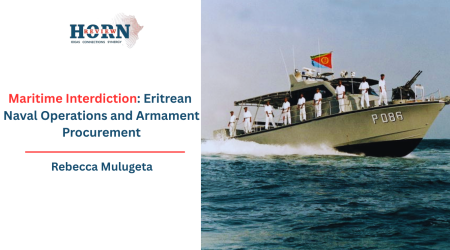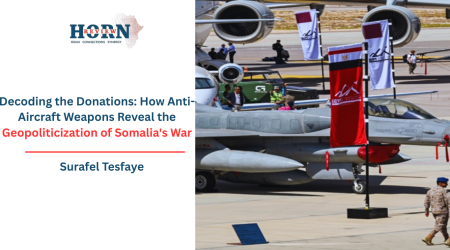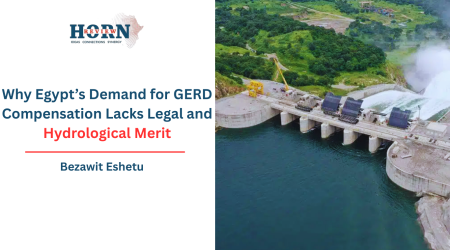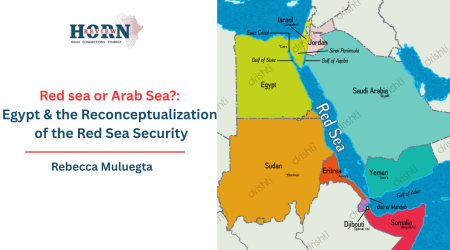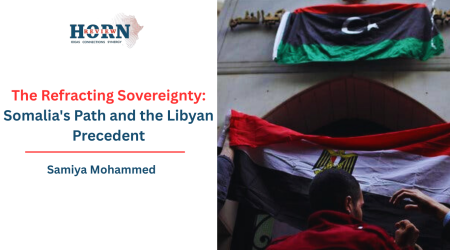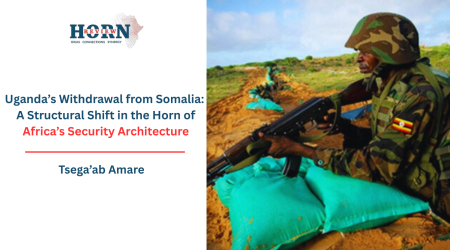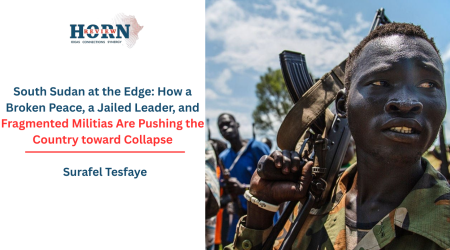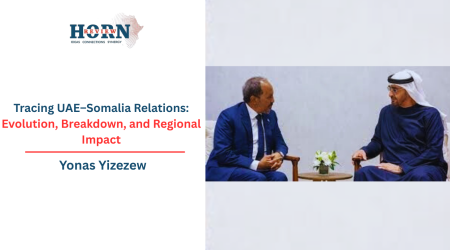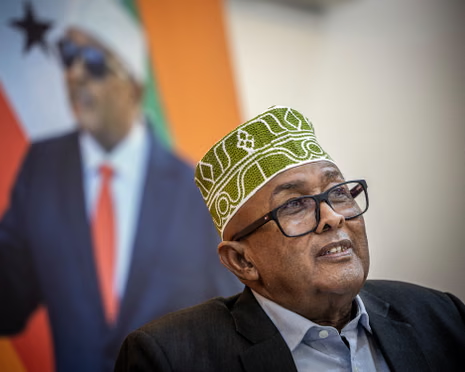
18
Aug
Somaliland’s 30-Year Quest for Recognition and Why the U.S. Might Finally Say Yes
For over three decades, the Republic of Somaliland has existed as a de facto independent state, operating with its own government, currency, and military yet it remains unrecognized by the international community. While its long quest for legitimacy has often been met with diplomatic inertia, a shift in regional and global dynamics suggests the United States may finally be considering a formal acknowledgment(Cruz,2025). This potential recognition would not be an act of generosity but a strategic, transactional move, signaling a significant moment in geopolitical relations that could reshape the volatile Horn of Africa. The creation of a new, stable country in this chaotic region is an outcome that holds immense strategic value for multiple players.
Somaliland’s most crucial ally in this latest push for recognition has emerged from an unlikely quarter: its neighbor, Ethiopia. After years of diplomatic stalemate, Ethiopia broke through with a historic gesture by signing an MOU with Hargeisa. This agreement provides Somaliland solid ground to stand on by demonstrating a large regional power willing to enter into a formal, bilateral agreement. Ethiopia’s initiative has cascaded as other countries have followed suit to initiate recognition talks. The energy generated by this MOU has gained momentum in the negotiation of Somaliland’s status from being a peripheral issue to becoming a central component of regional foreign policy.
What Will Change and the Stakes
The U.S. official recognition of Somaliland will accelerate a new global order. This action would be a break with the tradition of traditional alliances and a shift in national interest. The shift in alignment of policy is directly tied to the MOU with Ethiopia because it establishes a diplomatic and a legal environment for engagement that can be imitated by other nations. Furthermore, the likelihood that Donald Trump will return to the presidency of the United States can potentially make a difference with significance, given that his foreign policy tends to value transactional relations and non-traditional alliances more than conventional diplomatic traditions. This background is particularly appropriate for a radical measure like recognition of Somaliland, which can be framed as an audacious step to safeguard American interests.
This geopolitical shift carries high stakes, particularly concerning Somalia led by Turkey and facing the continued advancement of Al-Shabaab. Somaliland’s recognition would be viewed as a hostile act by Somalia’s government. A desperately or aggressively decided move by Mogadishu would create a broader regional conflict. Djibouti also is opposed, so it is complex with cross-cutting competitions. The geopolitical change runs deep, upending the existing order and opening further destabilization, while establishing the possibility of a new more stable configuration.
Any action towards the formal international recognition of Somaliland as a separate state will have to deal with serious threats and arguments calling for caution that threaten regional stability. First among these is the unavoidable ratcheting up of tensions with Mogadishu, which tenaciously asserts that Somaliland remains part of its sovereign territory. Such an action would be viewed as a deep affront to Somalia’s unity, possibly resorting to a diplomatic crisis and eroding shaky peace efforts. It is added to by the AU’s strong resistance to altering borders received from colonialism.
While the unique history of Somaliland, having declared itself briefly independent in 1960 before joining Somalia and subsequently seceding, could make a powerful argument for an exception, it could face stiff resistance from within the bloc to a formal acknowledgment. This common nervousness is founded on a strong fear that recognition of Somaliland would set a negative precedent, provoking the other secessionist movements on the continent and beyond, such as in Western Sahara or Ambazonia, to follow suit, thereby jeopardizing total fragmentation and instability.
Following the Ankara Declaration, which caused an interim stoppage of diplomatic initiatives, and signing the MOU with Somalia, it is now the time for Ethiopia to make the move. The previous alignment is no longer sufficient; this is a competition era where proactive decisions are crucial. Ethiopia cannot rely on American recognition. Instead, it needs to cash in on this urgent momentum to seek the right outcome and leverage the situation as a bargaining point. It can expand its reach and gain a better status in the region by transacting with a broad spectrum of counterparts.
The moment for decisive action is here. Ethiopia started this initiative, and it must see it through. The time for deliberation is over; the time for strategic action and leadership is now.
By Bethelhem Fikru, Researcher, Horn Review
Reference
Cruz, T. (2025). Sen. Cruz Calls for U.S. Recognition of Somaliland. Senator Ted Cruz. https://www.cruz.senate.gov/newsroom/press-releases/sen-cruz-calls-for-u-s-recognition-of-somaliland/

